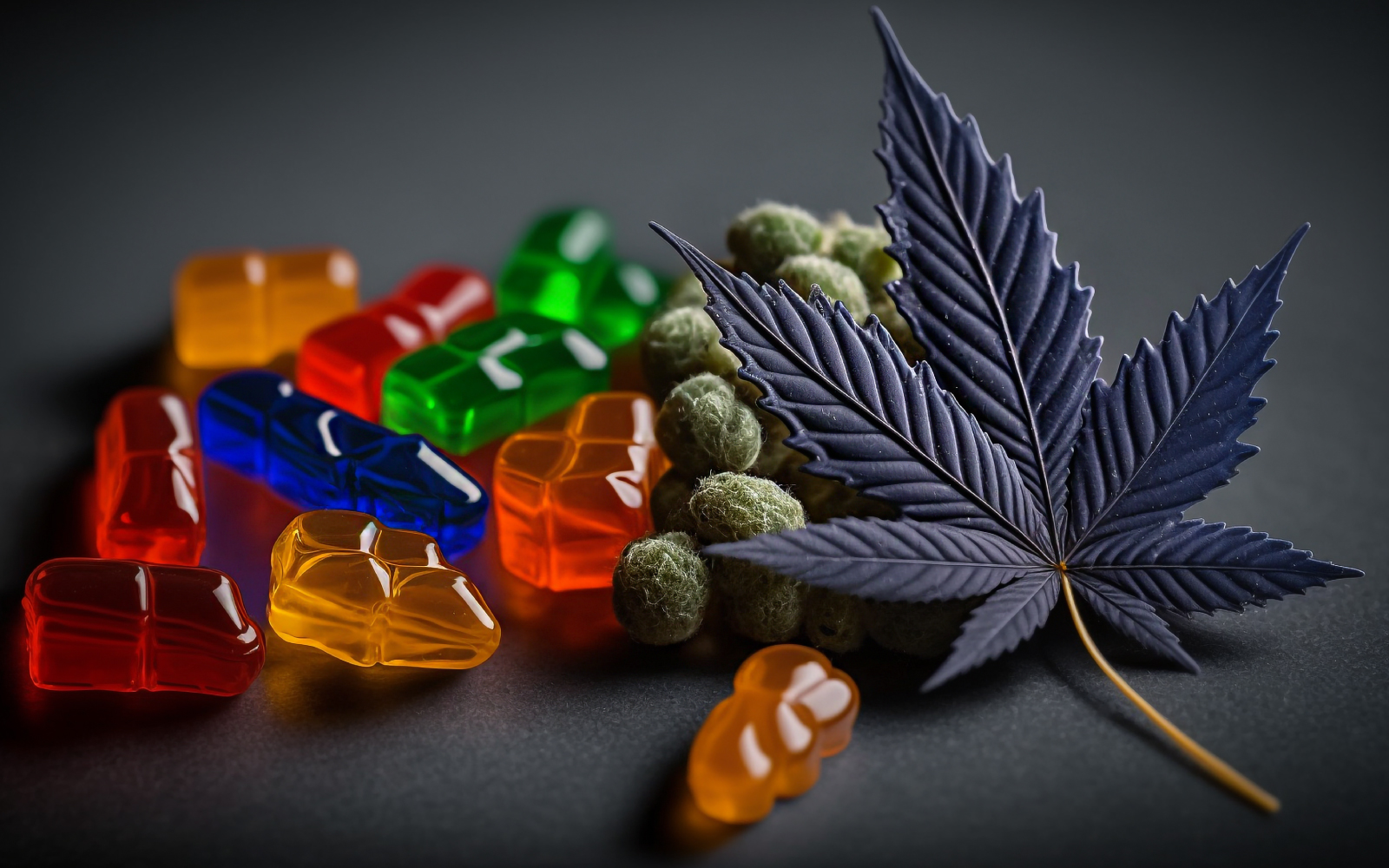For both medical and recreational uses, cannabis consumption-especially that of marijuana and its active component tetrahydrocannabinol (THC)-has become rather popular. Over time, many users grow tolerant to THC whether their usage is for pain management, stress release, or just relaxation. To get the same benefits, you might therefore have to ingest more. To enjoy the experience with less doses, though, you may wish to reset or boost your sensitivity to THC. This post will go over what weed tolerance is, why it occurs, and how you might naturally and healthily boost your sensitivity to THC.
What is Weed Tolerance?
Weed tolerance refers to the phenomenon where, after regular use of cannabis, your body becomes accustomed to the effects of THC, the primary psychoactive compound in cannabis. As a result, you may no longer feel the same intense high or therapeutic effects from the same dose that initially gave you the desired outcome.
Tolerance builds over time with consistent cannabis use. Your body’s endocannabinoid system (ECS) adapts to the THC, reducing the number of cannabinoid receptors or altering their sensitivity, making it harder for THC to bind and exert its effects. In essence, your body becomes “less responsive” to THC, which leads you to need more of the substance to feel the same effects.
Why Does Weed Tolerance Develop?
When you consume cannabis, THC interacts with the ECS, which regulates several bodily functions like mood, memory, and pain. Over time, your body adapts to the presence of THC by adjusting the number or efficiency of these receptors. This process is similar to how someone’s tolerance to alcohol or caffeine might develop.
There are several factors that contribute to tolerance building:
- Frequency of Use: The more often you use cannabis, the quicker tolerance can develop. Daily use, for example, may lead to a rapid reduction in THC sensitivity.
- Amount Consumed: Consuming large quantities of cannabis in a short time period can cause your body to adjust more quickly to THC.
- Genetics: Your genetic makeup plays a significant role in how your body processes cannabis. Some individuals have a naturally higher tolerance to THC, while others may be more sensitive.
- THC Potency: High-potency cannabis with higher THC concentrations can lead to faster tolerance build-up.
Can You Reset Your THC Tolerance?
Yes, you can reset or “lower” your THC tolerance, allowing you to become more sensitive to the effects of cannabis again. This is particularly important for those who feel they’re consuming too much THC to get the same results. By giving your body a break, you can restore the sensitivity of your cannabinoid receptors and enjoy a more balanced cannabis experience.
However, resetting your tolerance is not the same as simply reducing it; it requires conscious effort and a period of abstinence. Let’s dive into some strategies that can help you increase your sensitivity to THC in a safe and controlled way.
How to Increase Your Sensitivity to THC: Tips and Strategies
- Take a Tolerance Break (T-Break)
One of the most effective ways to lower your THC tolerance and reset your body’s sensitivity is by taking a tolerance break. This means abstaining from cannabis for a period, typically 2 to 4 weeks, depending on how often you use it and how high your tolerance is.
A T-break gives your endocannabinoid system time to recover, as your cannabinoid receptors will “reset” and become more responsive to THC again. During this period, your body naturally clears out the accumulated THC and its metabolites.
How to Take a Successful Tolerance Break:
- Set a specific period: A month is a common period for a full reset, but it can vary depending on how quickly your body recovers.
- Avoid cannabis consumption: This includes all forms, such as smoking, vaping, edibles, oils, or tinctures.
- Stay consistent: Don’t cheat during the break, as even small amounts of THC can hinder the reset process.
- Stay busy: Keep yourself occupied with other hobbies or activities to avoid thinking about cannabis.
By the end of the break, you should notice that smaller doses of THC have a more potent effect.
- Reduce Your Cannabis Consumption Gradually
If quitting cold turkey isn’t your style, you can gradually reduce your consumption to lower your tolerance over time. This method allows your body to adjust slowly, so you’re not experiencing a sharp drop in THC levels.
Gradual reduction might involve:
- Reducing the frequency: Instead of consuming cannabis every day, try to limit it to a few times a week.
- Reducing the dose: Use smaller amounts of cannabis during each session, or switch to products with lower THC concentrations.
- Substitute with CBD: CBD, a non-psychoactive compound in cannabis, can provide some relief without affecting THC tolerance. Substituting with CBD products during your reduction phase may help ease the transition.
- Consider Cannabis Strain Variety
Not all cannabis strains are created equal. Some strains have a higher concentration of THC, while others may have a more balanced ratio of THC to CBD. Opting for strains with lower THC levels or higher CBD content may help you avoid building a high tolerance in the first place.
You can also experiment with different consumption methods, such as edibles or tinctures, which have a different absorption rate and may provide more subtle effects. This variation can allow your body to experience cannabis differently, potentially lowering the likelihood of tolerance buildup.
- Change Your Consumption Method
The method you use to consume cannabis can affect how quickly you build a tolerance to THC. For instance:
- Smoking and Vaping: These methods introduce THC to your bloodstream quickly, leading to rapid effects. However, they also cause the body to process THC faster, potentially increasing tolerance.
- Edibles: The effects of edibles are slower to come on, but they tend to be more intense and long-lasting. Consuming cannabis via edibles may reduce the likelihood of quickly building a tolerance compared to smoking or vaping.
- Tinctures and Oils: These are absorbed under the tongue, which can lead to quicker effects, but they also tend to last longer than smoking or vaping. Switching to tinctures might help you become more sensitive to lower doses of THC.
Changing your consumption method can allow you to experience different effects and may help reset your tolerance faster.
Conclusion
Weed tolerance is a natural part of cannabis use, but it’s important to know that it can be reset or managed to increase your sensitivity to THC. Whether you’re trying to get more out of a smaller dose or just want to enjoy the effects again without increasing consumption, there are many strategies that can help you achieve this.
Taking a tolerance break, reducing your intake gradually, choosing different consumption methods, and maintaining a healthy lifestyle can all contribute to restoring your sensitivity to THC. The key is to listen to your body and find a balance that works for you-one that lets you enjoy cannabis without needing to overconsume.
By understanding the process of tolerance development and applying these tips, you can ensure that your cannabis experience remains enjoyable, effective, and sustainable for the long term.







